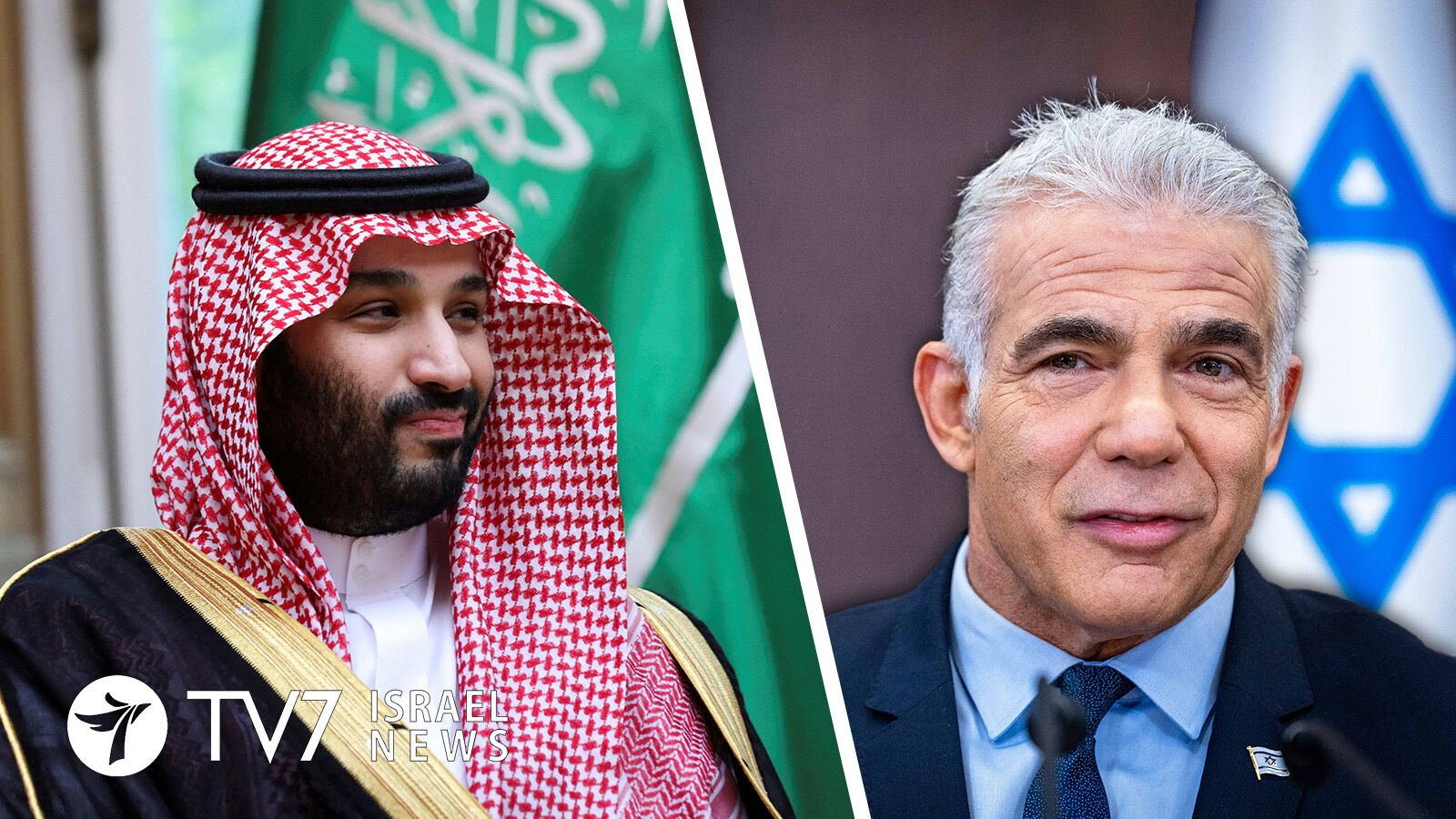Saudi Foreign Minister Prince Faisal bin Farhan Al Saud has acknowledged the Kingdom’s keen interest in establishing ties with the Jewish State.
By Jonathan Hessen and Erin Viner
“We’re definitely interested,” Riyadh’s top diplomat said at an inaugural MENA Forum on Friday.
Saudi Arabi nevertheless preconditioned any normalization with Israel on first reaching terms of the 2002 Arab Peace Initiative, which is a ten-sentence proposal for an end to the Arab–Israeli conflict that includes the establishment of a Palestinian state within the 1967 lines with east Jerusalem as its capital.
“The Arab Peace Initiative was predicated on full normalization with Israel. Even before that, the Fez Initiative of 1982, which was also a Saudi initiative by the late King Fahd, also indicated the desire for normalization,” said Prince Faisal.
He went on to stress that, “The only pathway to a stable region is a resolution to the issue of Palestine, and that will only be resolved through a Palestinian state with Jerusalem as its capital in the parameters that have been set forth.”
Calling for the revival of Israeli-Palestinian talks, saying “we will support any efforts in that regard,” the Saudi Foreign Minister underscored that, “Until that happens, any further steps will not be sustainable. So we need sustainable peace and the only way to a sustainable peace is through finding a resolution.”
Israel and Saudi Arabia share the common concern over Iran’s nuclear aspirations, ballistic missile development and support of regional terrorist proxies.
“We are obviously concerned about the nuclear program. We have made quite clear that a nuclear armed Iran will be an incredibly dangerous thing. It will be significantly destabilizing not just to regional security, but the global security structure,” said Prince Faisal.
While conceding that efforts in Vienna to restore the 2015 Joint Comprehensive Plan of Action (JCPOA) is a “pathway” to address the Islamic Republic’s atomic development, he stressed that the Saudis have “always felt that JCPOA was flawed. And now we are hearing even a return to JCPOA is not possible – so this, of course, is then a significant concern.”
Prince Faisal continued by questioning arch-foe Iran’s peaceful intentions.
“We hear from the Iranians that they have no ill intent in their nuclear program, that their nuclear program is purely for civilian use. I hope this is true,” he said, adding, “If it is true, then I don’t see why full transparency on the program would be a problem. I don’t see why the IAEA (International Atomic Energy Agency) probe would be a problem. I don’t see why engagement with both international organizations and the regional countries on that program would be a problem.
Stressing that Saudi Arabia’s own plans for a nuclear program have been “made quite public” in accordance with “the highest standards of transparency,” he underscored, “We do not understand why there should be any lack of transparency around that(Iran’s) program, why there should be any resistance to having every aspect of that program open to the world, open to the neighbors.”
In the absence of transparency on Iran’s part, the Saudi diplomat said, “If they don’t, that will leave questions on the table for all of us about the ongoing intent, not just past intent.”
Israel, Saudi Arabia, the United Arab Emirates and parts of Iraq have come under armed drone or missile strikes that have been claimed by or blamed on Iranian-backed terror groups such as Hezbollah in Lebanon and the Houthi rebels in Yemen. Gulf states have particularly been frustrated over the perceived reduction of the US commitment to regional security and failure to sufficiently respond to their concerns over advancement in the Islamic Republic’s missile program.
